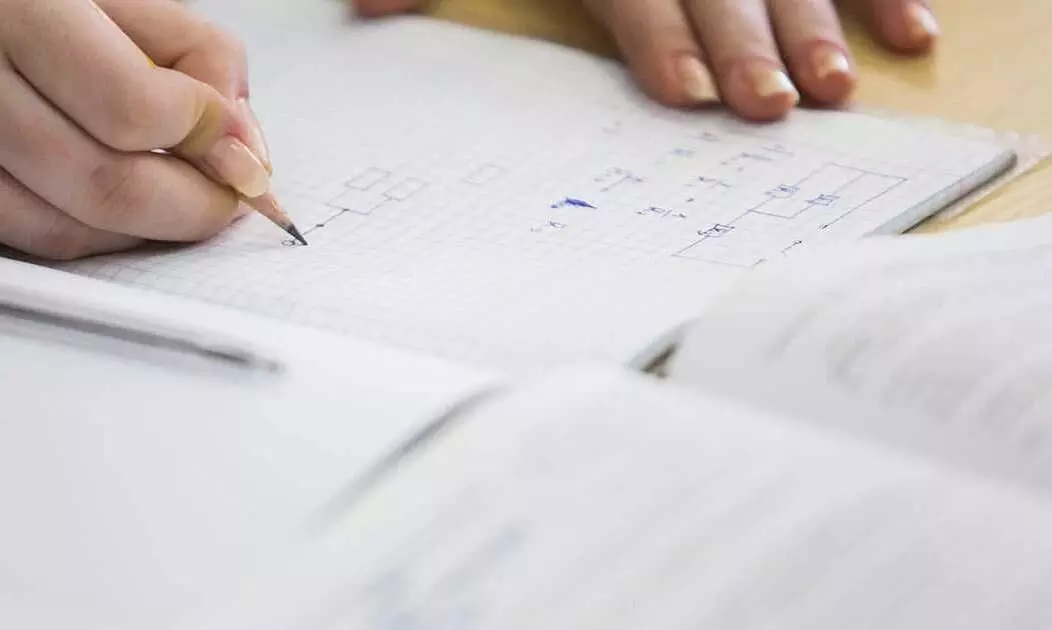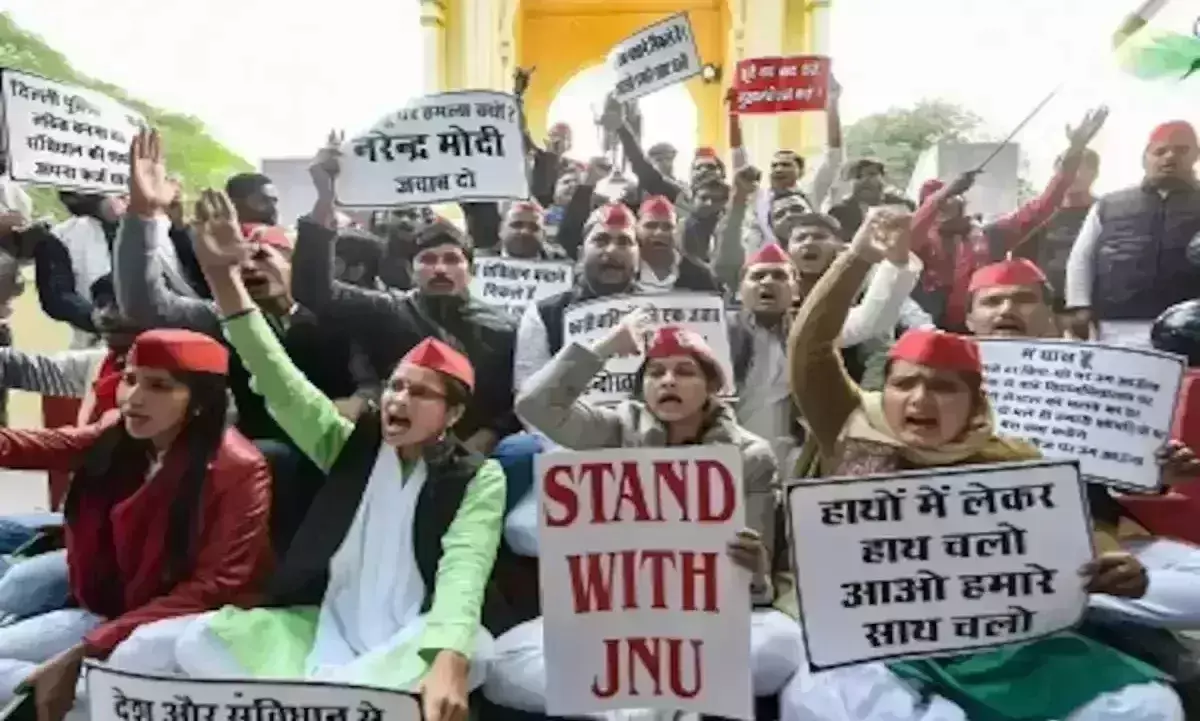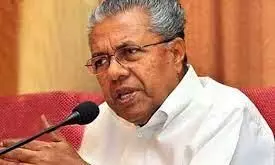

This is the time for Open Book Examination
text_fieldsUniversities in many parts of the world and in India are now implementing or in the process of implementing the Open Open Textbook-Exam or Open Book Exam. This method is also suitable for the health care of students in the present times of epidemics and contact bans.
What is Open Text Book Exam or Open Book Exam? It is a preferred and easy-to-implement exam method in this day and age of the Corona epidemic than it is in the modern day exam system. Once the teacher is informed of the student's register number, name and email ID, the question paper will be sent to the student via email shortly before the start of the examination. Students can write the exam as if they were writing a normal exam by drawing a margin of not less than three centimeters on all four sides of a four size paper. Students will be allowed to open and refer to textbooks, notebooks, and other study materials to write the answers. But the answers to the questions should not be copied as in the textbook. Instead, the answers should reflect the ideas that the student has acquired through his or her studies and reading. Immediately after the allotted time for the examination, the answer papers should be scanned with a serial number and sent to the teachers as a single file. A maximum of 30 minutes will be allowed after the allotted time for the examination.
Thus, the Open Book Examination method is one of the most cost-effective and non-invasive examination methods and is the most suitable system during the corona epidemic. Unfortunately, Kerala , also gives undue importance to the conclusions and opinions of such people. The time has come to break down the primitive assessment system and the examination system which are considered to be the best for students by memorizing the answers and reproducing them on the answer sheets. When a student writes down his/her ideas and the knowledge gained through the educational process, studies and book reading, there is no impediment to using his/her textbook as a reference on the subject. The Open Book Exam is a real exam system that identifies what the student has learned through study. Given that all department head exams in the government sector are open book exams, one cannot understand why this group is excluding students for similar exams. How have education and lesson chapters all been going on online for over 15 months? Then why are they reluctant to take exams online? In my opinion, those who oppose the online open book exam are now putting forward the same mentality of opposing innovations when it came to computers and the introduction of mechanization in many sectors, including agriculture citing job losses and so on. The same argument of the innovation-averse people who always oppose all change can be seen among those who argue that only offline exams have accurate evaluation and validity.
As a matter of fact, this simple, logical, up-to-date and progressive exam system does not require continuous internet connectivity. Connectivity is required only for the time to download the question paper and upload the answer sheet. No one will ever be sidelined from this exam system as they can scan the answer sheet with even the basic model smartphones and convert it to a single file PDF and then send them using email facility. Students who want to go to college online, offline and blended mode can write the Open Text Book Exam at the college. We should not give in to the suspicion in the propaganda that any incompetent child can pass the examination by opening the text books and notebooks and referring to it is ignorance or some other vested interest.
We find that postponing exams and evaluating on the basis of past performance creates a lot of concerns and anxieties among students. More than that, they have health concerns about taking exams offline. We need to study in-depth why the Kerala culture, which embraces new perspectives, changes and new technologies with both hands, is opposing open book exams. Unfortunately, the organizations and progressive movements operating among students today do not raise this issue. The government and the concerned authorities should understand that the approach taken by the authorities and the universities is to kill the students by forcing them to appear physically and sit for the exams in these difficult times between life and death.
The system is in place at various institutions including Delhi University, Pondicherry University, Jamia Millia University, Banaras Hindu University, Anna University, Guwahati University and National Law School. Yet we urge authorities not to turn a blind eye to this reform. As the world and the nation move forward, we, who pretend to be sophisticated and harbingers of the Renaissance, will only create a total disgrace to society to stand firm in such a barbaric and inhumane act.
In April 2020, the UGC guidelines gave universities the power to cancel exams and implement alternative methods. But a disagreement between the governor and the chief minister of Maharashtra led to the UGC issuing a new guideline in July for final year students only. In keeping with that, the apex court also ordered that the examinations be conducted online, offline, and a combination of the two. According to the Supreme Court, Delhi University was the first to announce the Open Online Open Book Examination. The Delhi High Court has also commented on several complaints, citing the decision of Delhi University. We know that this year too, many universities have given permission for such open book examinations. Now the Bar Council of India has also issued a circular giving the green light for the Open Book Examination. Yet if our universities in Kerala will still go ahead with the offline examination - that will just be a reflection of a completely anti-student, anti-progressive and stubborn attitude.
( Asif Kunnath is the Chairman of Kerala based Sabarmati Foundation, a non-governmental organisation)

























